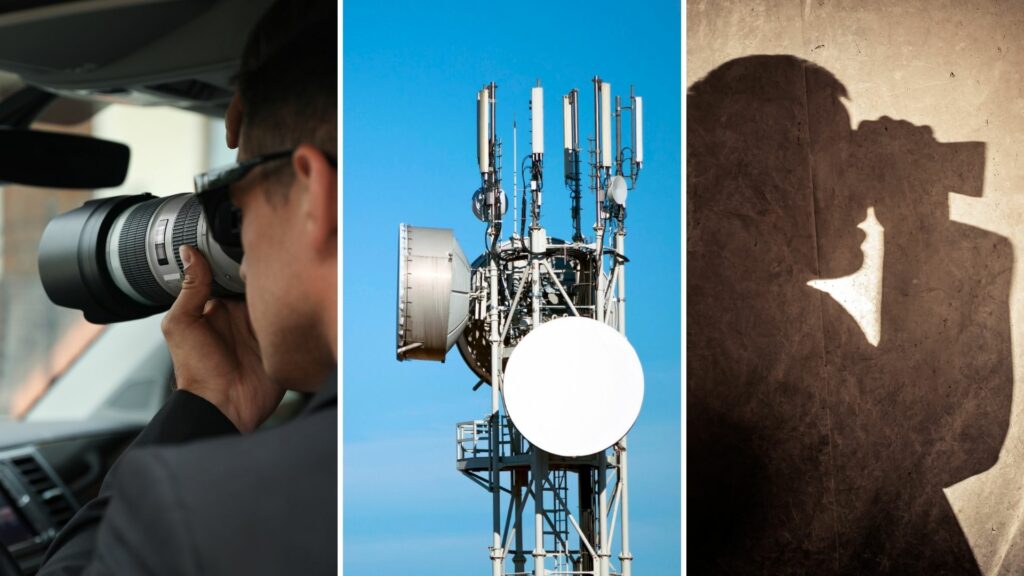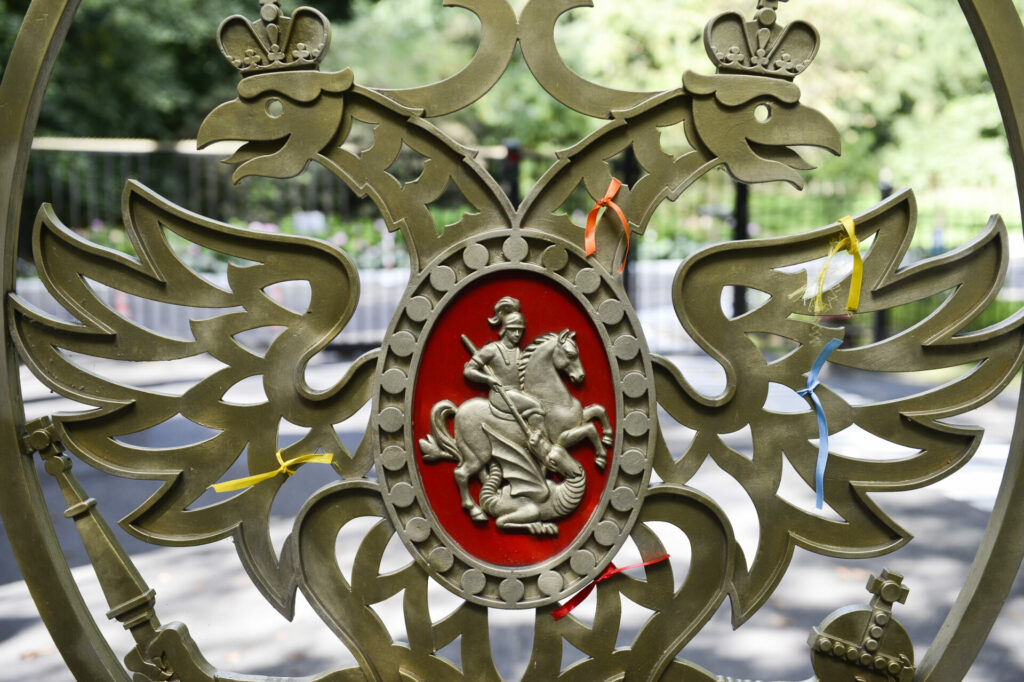The spectre of spies is well known in Brussels; with EU institutions and NATO calling the city home, diplomats take it as given that watchful eyes lurk in the shadows.
But in this day and age, things are less Bond and more bot, with surveillance largely carried out online, we are told. To guard against leaks, Western governments have gone into overdrive with securing the devices of members, most notably applying blanket bans on Tiktok over fears that user data on the Chinese app was vulnerable to the prying of the Chinese State.
More insidious is the Pegasus spyware that operated far more covertly to harvest sensitive data from the devices of officials. Russia's embassy in Brussels has the air of a fortress and is bedecked with antennae, though experts say that many of the excess telecommunications decorations are there more as a statement than for increased observation capacity.
Importantly, the more we think about snooping, the more we adapt behaviour even if we're not actually being watched. Indeed, nurturing a psychological state of suspicion is an old tactic, popularised largely by English philosopher Jeremy Bentham's panopticon – a prison design that inculcates the assumption one is constantly being observed.
The result is a general attitude of distrust and cynicism, even if unneeded. With Belgium's intelligence service likening espionage today to the Cold War, the fidelity that might normally be granted to national institutions comes into question. The ensuing erosion of confidence in systems intended to protect public liberties opens space for civil disobedience – often stoked by conspiracy theories.
Such can already be seen with the "Great Replacement Theory", a fallacious narrative weaponized by far-right groups to stigmatise anti-migrant sentiment and subvert established channels of debate. In today's growing climate of paranoia, pushing back against scepticism is as important as securing data.
Looking over your shoulder? Let @Orlando_tbt know.
Belgium in Brief is a free daily roundup of the top stories to get you through your coffee break conversations. To receive it straight to your inbox every day, sign up below:
1. Belgium continues to have highest tax burden on wages
Belgium has once again ranked in first place when it comes to taxes paid by Belgian employees on their wages, a ranking by the Organisation for Economic Co-operation and Development (OECD), showed. Read more.
2. Espionage and interference at highest level since Cold War, warns Belgian intelligence
Espionage and foreign interference have reached levels not seen since the Cold War, shows the first public annual report by Belgium's General Intelligence and Security Service (ADIV). Read more.
3. 'We cannot afford this': Belgian MP condemns 'colossal' Ukrainian refugee aid
A senior member of the right-wing Flemish nationalist party N-VA has condemned the amount of financial support provided by the Belgian State to Ukrainian refugees, and has called on the Federal Government to do more to encourage those granted asylum in Belgium to seek gainful employment. Read more.
4. Wallonia and Brussels consider quotas for non-Belgian university students
A growing number of French students in Belgian French-speaking education could see quotas for non-Belgian residents studying midwifery, pharmacy, psychology and education. Read more.
5. 32 Walloon castles to open their gates to public
On the 1st of May, families are invited to visit 32 castles in Wallonia for the third edition of "Family Castle Life" organised by the Secretariat of the European Heritage Days. Read more.
6. Wide doors, low floors: New generation of trams launches in Brussels
Brussels public transport operator STIB's "Tram New Generation" (TNG), designed to make trams more accessible, welcomed its first passengers. Read more.
7. Hidden Belgium: Vivier d’Oie station
It was once an unloved suburban train station in southern Brussels. But the mayor of Uccle got together with the train company to pimp up Vivier d’Oie. Read more.


